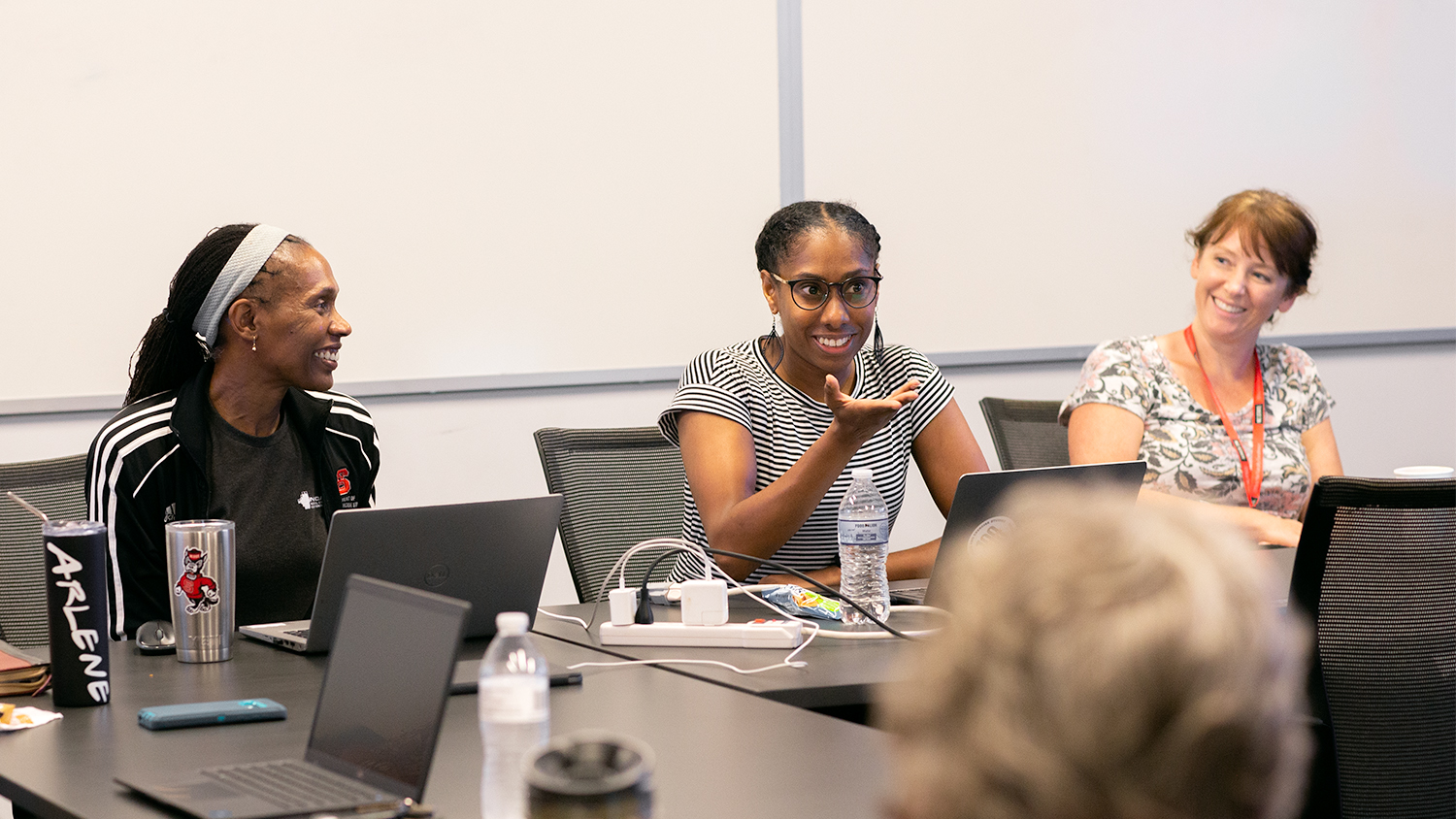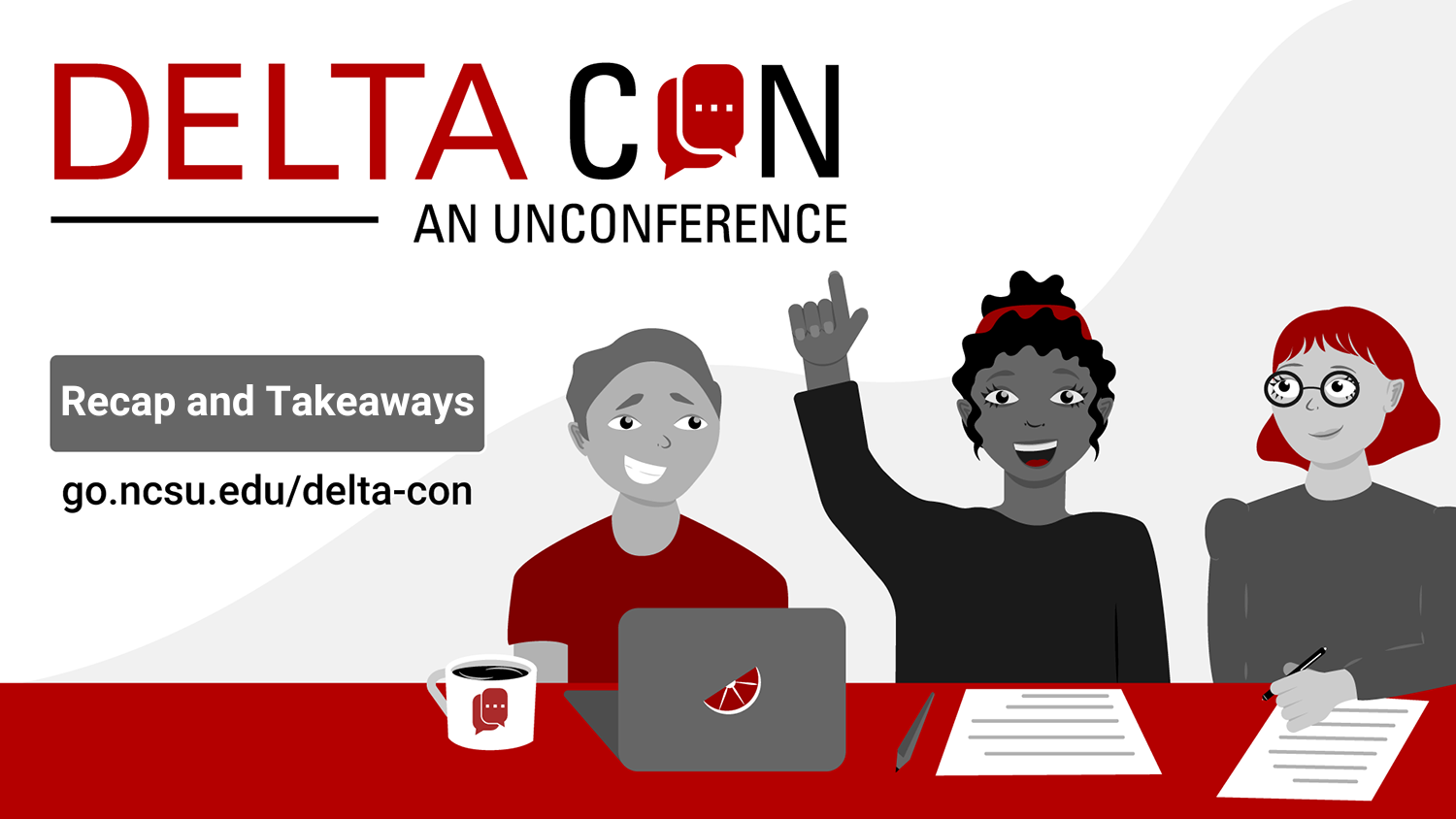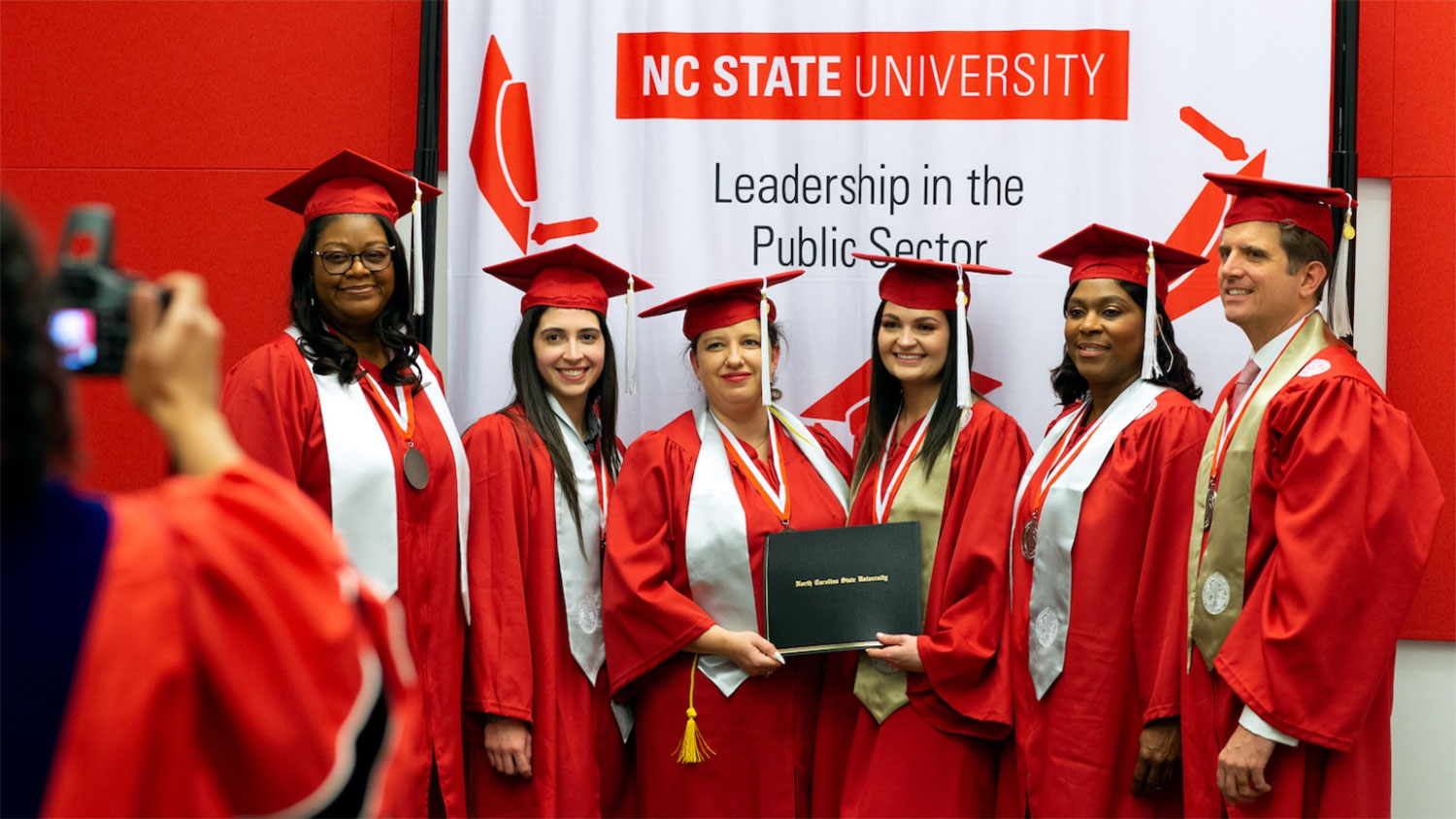Because of the pandemic, teaching challenges have transformed and accelerated, and being adaptable is more important than ever. However, you are not alone in your journey to update and align your course content with your teaching objectives — DELTA can help by connecting you with a colleague who has been through the same process.
Mentors bring real-world experiences and unique examples to their relationships and group meetings. All DELTA Course Quality (CQ) Faculty Mentors have successfully completed the Course Improvement Grant (formerly OCIP). So, they understand how to meet you where you are in the process while guiding you to where you want to be with your content.
Director of Online Education for the Statistics Department and Associate Teaching Professor Justin Post completed a course improvement program with DELTA a few years ago. He was impressed with the passion for education he observed in the colleagues he got to know through the program’s cohort model.
“This is my second year as a CQ Faculty Mentor. Last year, I mentored Dr. Anna Gibson from the English department,” Post said. “Since I teach in the statistics department, it was a fantastic chance to think about instructional challenges that arise while teaching different subject matter from a different perspective. Thinking about how to facilitate readings and in-depth discussions of novels gave me innovative ideas to bring back to my classroom.”
As a college professor, your ability to grow and develop the skills you need to thrive will depend largely on your willingness to learn and collaborate with others. When both parties contribute to and benefit from the relationship, the mentorships develop into great conduits for professional growth.
Assistant Teaching Professor Anna Gibson found Post’s mentorship invaluable as she revised her online British literature survey course for the Course Improvement Grant.
“Having the perspective of another faculty member from a different discipline, especially someone as detail-oriented and generous as Justin, helped me think more carefully about how students were experiencing the course,” Gibson said. “Our work on this grant felt collaborative, and that collaboration extended beyond the Course Improvement Grant course. In our meetings, we talked about our shared interests, which led us to co-organize a roundtable about Chat GPT at the 2023 NC State Conference on Faculty Excellence.”
When a mentoring program attracts open-minded individuals who see the relationship as a two-way street, both people experience benefits that impact their course content design and alignment. This interconnected and mutual process leads to an enlightened perspective that fosters student success through a new lens.
Do You Meet Qualifications?
The key components needed for a faculty member to qualify for this program include completing one of DELTA’s CQ programs, receiving a Quality Matters Course Certification and having a strong desire to work with other faculty members on making improvements to their courses according to the Quality Matters Rubric.
Faculty Mentor Responsibilities
- Facilitate discussion activities for the Course Improvement (CI) Grant as assigned
- Attend most synchronous meetings for Course Improvement Grants (one hour once a month from September to April)
- Serve as a DELTA advisor for one of the CI participants from September – April
- Become a certified Peer Reviewer prior to the start of the fall program
- Attend at least one national conference related to online course design and teaching
Incentive for Program Completion is a $6,000 award and reimbursement for the $350 registration fee required to enroll in the Peer Reviewer Course.
Want to Learn More?
If you are interested in applying to become a Course Quality Faculty Mentor, send an email to Assistant Director of Course Quality Bethanne Winzeler.
Quality Matters Certified Courses at NC State
Recognized QM Essential Courses at NC State



